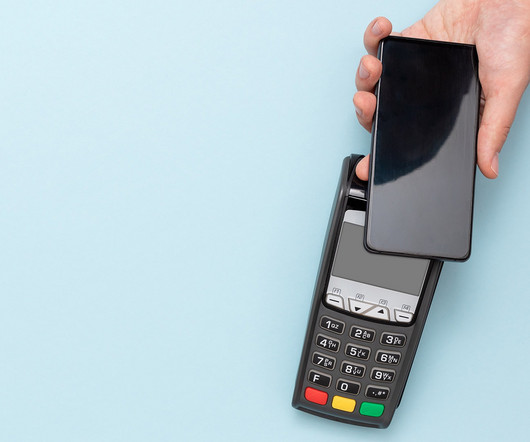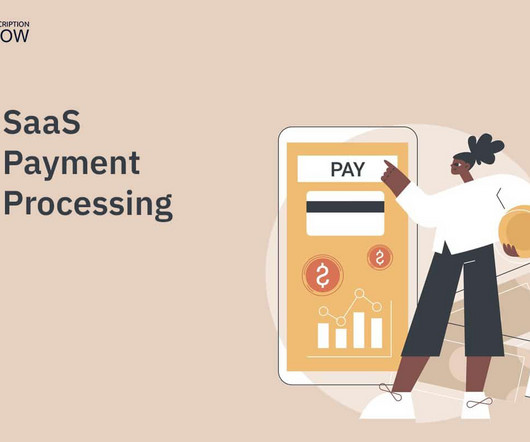Visa Interchange Rates 2024: What You Need to Know
Stax
JANUARY 31, 2024
If your company accepts credit card payments ( which it should ), chances are, you’re going to be affected by Visa’s interchange rates. Visa is one of the biggest payment networks in the world, with ~4.2B cards currently in use. So it’s virtually impossible for a business to not accept Visa cards.














Let's personalize your content